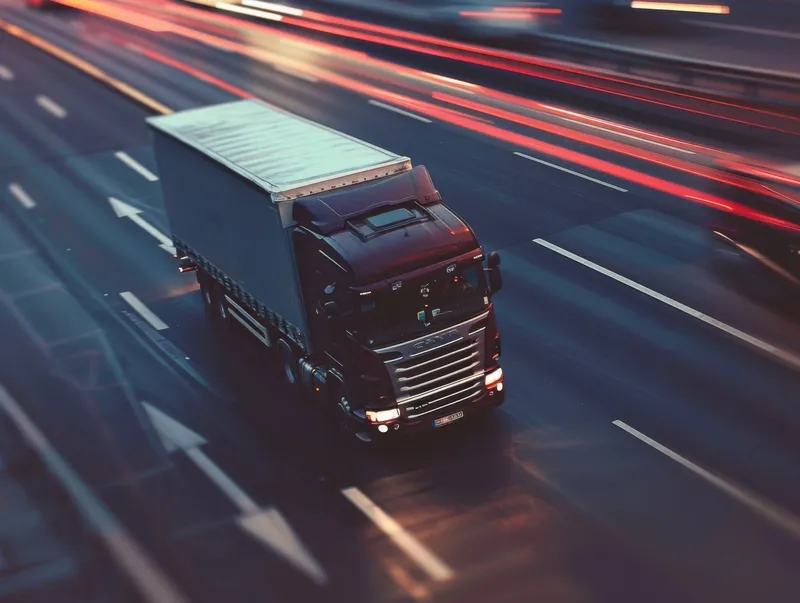
Vitronic has been selected by RDW, the Netherlands vehicle authority, to supply the observation service for national truck tolling expected to start in 2026.
Vitronic will supply and install observation equipment, software and data processing to enable RDW to check if trucks comply with the new toll regulations. It will also provide all related services to RDW for a period of at least 10 years.
Similar to neighbouring European countries, truck owners will pay a fee based on kilometres driven on highways and certain provincial and local main roads. The toll rate will be lower for trucks with lower emissions. Upon implementation, motor vehicle taxes will be significantly reduced and the Eurovignette will be discontinued. The net proceeds from this levy will be allocated to subsidies for the sustainability and innovation of road transport.
From 2026, all trucks operating within the country must be equipped with functioning on-board units (OBUs). These devices record the kilometres driven on tolled roads. Vitronic's equipment will verify that passing trucks have operational OBUs.
The process involves using ANPR cameras to recognise licence plates, the antennae for DSRC - dedicated short-range communications – systems and image recognition software to identify trucks.
DSRC is a technology for direct wireless exchange of Vehicle to Everything (V2X) and other intelligent transportation systems data between vehicles, other road users - such as pedestrians and cyclists - and roadside infrastructure such as traffic signals and electronic message signs.
System installation will require 61 gantries which are already positioned above roads within the established charging network. Additionally, to ensure trucks comply with regulations outside this network, Vitronic will provide and operate around 30 mobile cameras for inspections at various locations throughout the Netherlands.
The award to Vitronic is the outcome of a European-wide tender, explained Zeger Baelde, RDW operations director.
“We are convinced that we will deliver a first-class technical solution and provide an optimal service,” said Michael Leyendecker, Vitronic’s director of sales for tolling in Europe.









